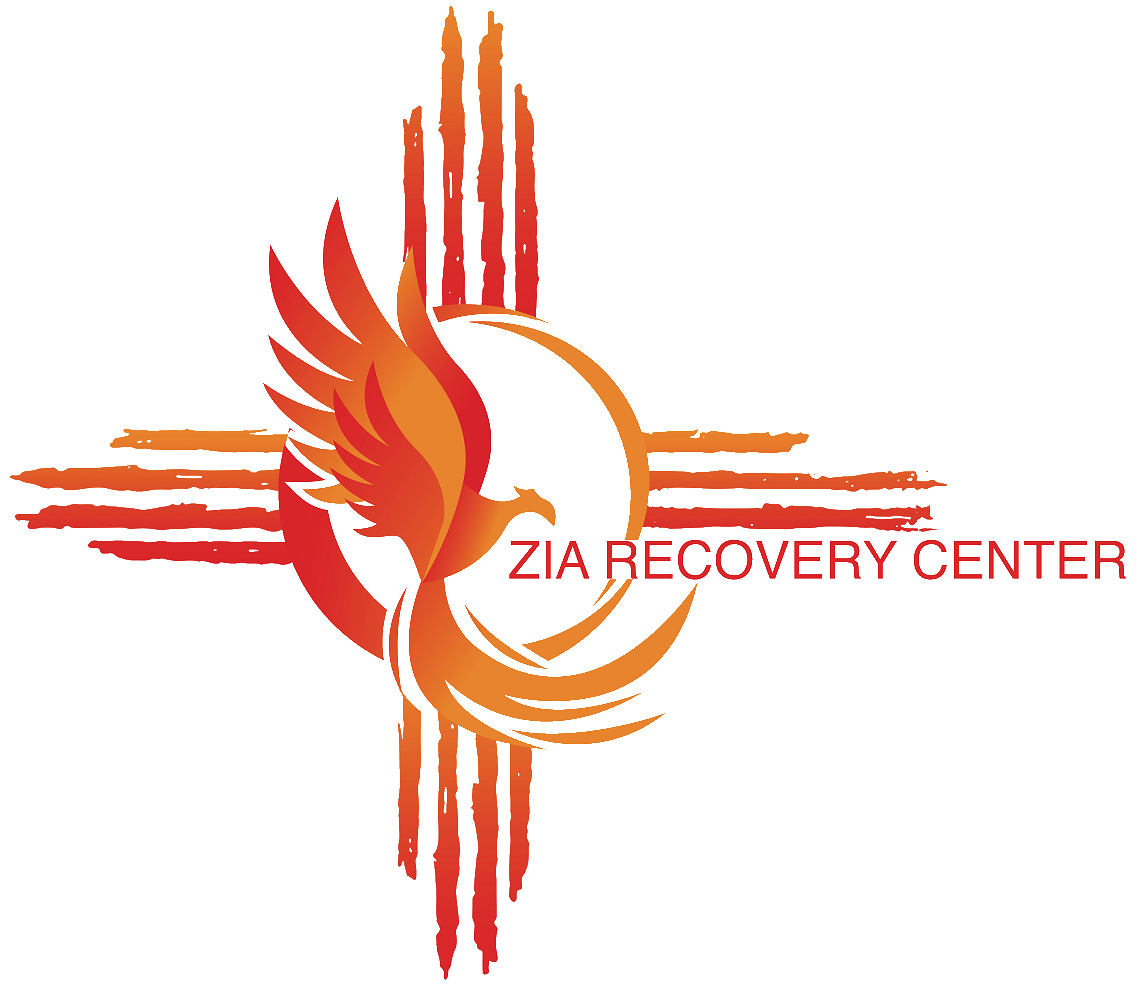According to studies, drinking among young adults is more rampant than in any other age group. At Zia Recovery Center, we are committed to demystifying the culture around alcohol consumption among young people and outline different ways to engage socially that do not involve drinking.
Alcohol consumption is a common activity among young adults, particularly those who are in college and are exploring ways of connecting with different social groups. While drinking alcohol can be a fun way to socialize, it is undoubtedly a slippery slope that can lead to alcohol and substance use dependency. Normalized drinking behaviors can sometimes be easily overlooked, but can actually signal a budding addiction.
There are several warning signs that young adults, and their loved ones, should be aware of when it comes to alcohol consumption and potential alcohol addiction. As a preventative measure, our team at Zia Recovery Center is here to share some fundamental, easy-to-spot signs of early onset alcohol addiction.
Lacking Control of Alcohol Consumption
One of the most obvious signs of alcohol dependency is when someone is unable to control their drinking. If they find themselves constantly drinking more than they intended to, or if they continuously drink despite negative consequences, this could be a sign of a problem.
It is important to assess how much control an individual actually has over their drinking, and if they are able to set boundaries for themselves around alcohol consumption and follow them. Additionally, if someone starts to drink earlier in the day or begins to drink alone, this could also be a sign of alcohol dependency.
Prioritizing Drinking
Another warning sign that is easy to recognize is when someone starts to prioritize drinking over other activities that don’t involve alcohol or other substances. If you or your loved one is constantly choosing to drink instead of going to class, participating in other activities, or being in social situations without alcohol, this could be a sign that they have become dependent on alcohol.
Likewise, if you begin to neglect responsibilities or start to experience problems at work or school due to your drinking, it could indicate a deeper need to ask for help.
Increased Tolerance
When a young person needs to drink more and more to feel the effects of alcohol, it could indicate they are developing a dependency. In addition, if they are thinking about alcohol a lot or craving it, this might speak to an unhealthy relationship with the substance.
Withdrawal Symptoms
If a young person experiences withdrawal symptoms when they stop drinking, it is likely they are experiencing a level of alcohol dependency and should consider seeking professional help. Some of the withdrawal symptoms to look out for include shaking, sweating, or nausea.
It is important to emphasize that not all young adults who drink heavily are dependent on alcohol. However, it is increasingly important for them and their loved ones to be aware of the warning signs and to take steps to avoid developing an addiction, especially if alcoholism runs in the family.
Learning how to drink responsibly is paramount for avoiding alcohol dependency. Consider keeping track of how much you’ve consumed in a given outing, setting limits for yourself, and avoiding drinking games or other activities that encourage excessive drinking.
So, what are some ways to develop a functional relationship with socializing and fun that doesn’t include substances?
- Joining a club or sports team
- Volunteering in the community
- Finding new hobbies
- Participating in outdoor activities
- Camping or going to the beach
- Watching movies or have a game night
By taking steps to avoid developing an addiction and exploring alternative activities that do not involve alcohol consumption, young adults can enjoy socializing without putting their health or well-being at risk.
If you or your loved one is experiencing any of the above warning signs, we encourage you to reach out to us. We are here to support you on your path toward healing!

